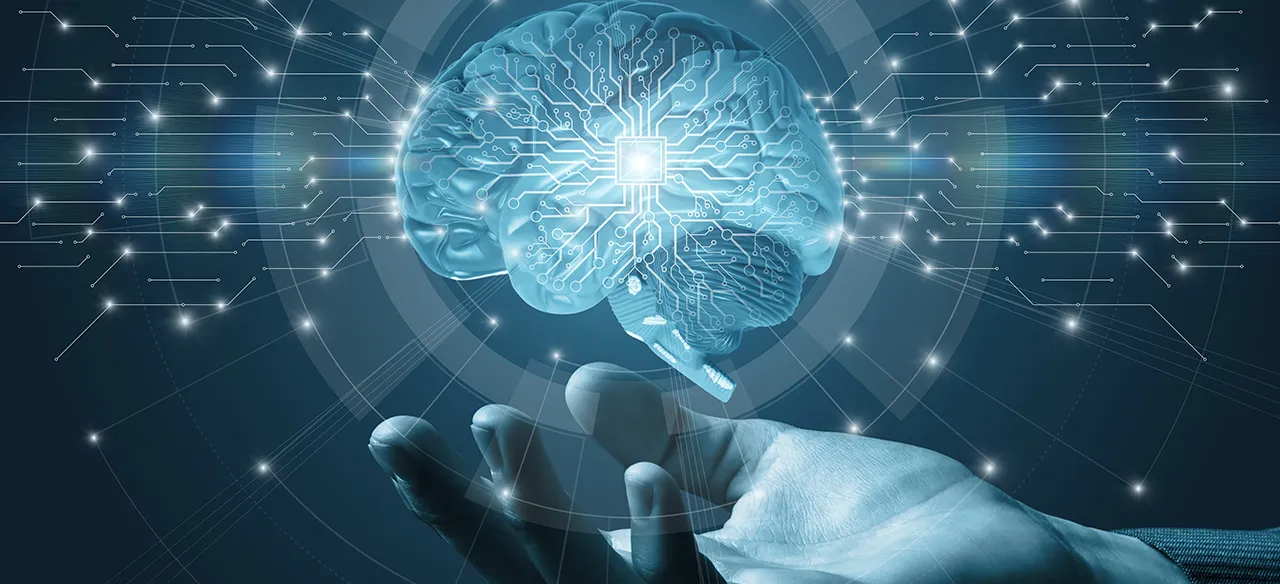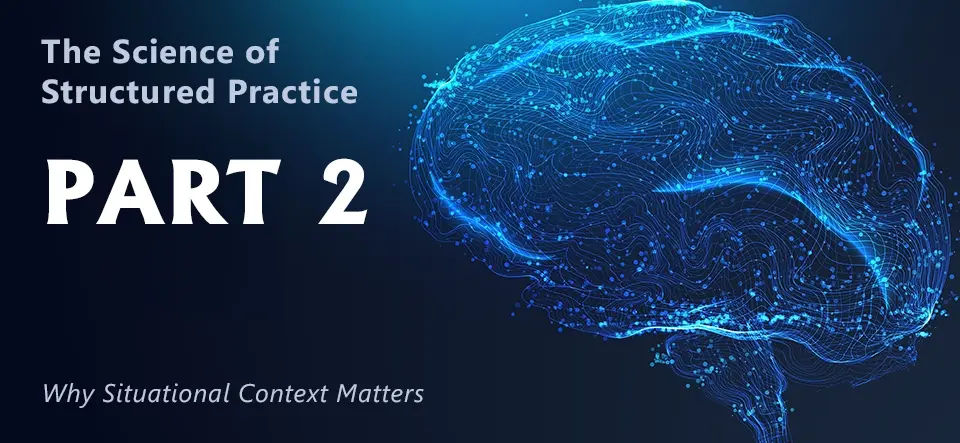
Every organization has them: top performers who consistently make the right decisions in challenging situations. They make it look easy - but it's not just about what they know. It's about how they developed the skills to apply that knowledge effectively.
Here we'll explore how cognitive science reveals the way top performers develop these capabilities, and show you how structured practice, powered by immersive technology, can help you capture and scale these behaviors to elevate performance across your teams.
Developing Strategic Decision-Making Skills
Consider these opportunities for developing strategic decision-making skills:
- A sales team knows the product features but struggles with strategic decisions about when to introduce key capabilities to different stakeholders
- Healthcare professionals understand new treatment strategies but need practice deciding when and how to implement them with diverse patient cases
- Leaders learn coaching frameworks but need guidance on when to use different approaches based on team dynamics
The challenge - and opportunity - is developing the strategic thinking skills that set top performers apart. This is where structured practice, grounded in cognitive science and enabled by immersive technology, helps teams develop these crucial capabilities.
The Learning-Performance Gap
Research across multiple fields - from medicine to aviation to corporate leadership - shows a consistent pattern: knowledge alone doesn't create behavior change. To transform performance, we need to understand how people actually develop expertise in strategic decision-making.

CASE STUDY: Medical Education Evolution
Medical schools faced a critical challenge decades ago: students wanted more clinical practice, but there weren't enough clinical mentors to go around. The solution? Structured practice through simulation where students make diagnostic and treatment decisions in safe environments. Today, medical simulation is a cornerstone of clinical education, allowing students to develop and refine their clinical judgment before treating actual patients.
Four Cognitive Science Principles for Developing More Top Performers

1. Learning by Doing (Experiential Learning)
The most fundamental principle of skill development is active engagement in decision-making. But not all practice approaches are equally effective.
|
What the Research Shows:
|

|
Consider how pharmaceutical sales managers develop their teams. Understanding coaching principles isn't enough. Effective development requires practicing strategic decisions: When should they intervene with a rep? Which coaching approach fits different performance scenarios? What sequence of development activities will be most effective? Through structured practice, managers develop the judgment to make these crucial decisions effectively.
Through structured practice in interactive learning environments, learners develop the judgment to make these crucial decisions effectively.
2. Authentic Contexts Matter (Situated Cognition)
When learning environments reflect the complexity of real-world decisions, strategic thinking skills transfer more effectively.
|
Key Research Insights:
|

|
PRACTICAL APPLICATION
A global technology company needed to improve complex solution selling. Instead of traditional sales training, they implemented structured practice in interactive learning environments focused on strategic decisions: How to sequence stakeholder engagement? When to introduce technical experts? Which business challenges to prioritize? Through virtual practice scenarios, sales teams developed the strategic thinking skills needed to navigate this complex sales process.
3. Understanding Top Performer Decision-Making (Cognitive Apprenticeship)
One of the most powerful learning approaches is understanding how top performers think through situations. The challenge? Their decision-making process is largely invisible.
|
The Hidden Decision Challenge:
|

|
INSIGHT FROM COGNITIVE APPRENTICESHIP Traditional apprenticeship works well for visible skills - a carpenter can watch a master's technique, practice under guidance, and develop expertise. But strategic thinking happens inside people's heads. Cognitive apprenticeship solves this by making top performer thinking "visible" through structured practice, helping others recognize and develop the same decision-making patterns.
REAL-WORLD EXAMPLE: Clinical diagnosis demonstrates this principle perfectly. Experienced clinicians don't just know more medical facts - they recognize complex patterns and make nuanced decisions about when to apply different approaches. Through simulation-based structured practice with expert feedback, medical residents learn to recognize these same patterns, developing their clinical judgment over time.
4. Multiple Perspectives Build Robust Skills (Cognitive Flexibility)
Experiencing different situations helps learners develop flexible, adaptable expertise.
|
Why This Matters:
|

|
PRACTICAL APPLICATION
Leadership development illustrates this principle well. A leader might understand a coaching framework, but knowing when to be directive versus collaborative requires judgment developed through practice. Through interactive learning scenarios, leaders experience multiple situations with different team dynamics, developing the strategic thinking skills to adapt their approach appropriately. This simulation-based practice allows them to recognize patterns and build confidence across diverse situations.
Putting It All Together
The Power of Structured Practice
When these four cognitive science principles combine within immersive simulations powered by structured practice, the results are powerful:
- Learners develop true strategic thinking skills, not just knowledge
- Decision-making becomes more confident and nuanced
- Skills transfer effectively to real-world situations
- Performance improvements can be measured and tracked
Developing More Top Performers
An Action Plan
|
1. Focus on Strategic Decisions
|
|
|
2. Build Pattern Recognition
|
|
|
3. Measure Impact
|
Looking Ahead
In Part 2 of this series, we'll explore how to create the authentic situations where top performers excel. You'll see how structured practice and immersive technology work together to develop the strategic thinking skills that drive better business outcomes.
References
- Kolb D. Experiential Learning: Experience as the source of learning and development. Prentice Hall, Upper Saddle River, NJ. 1984.
- Motola I, Devine LA, Chung HS, Sullivan JE, Issenberg SB. Simulation in healthcare education: a best evidence practical guide. AMEE Guide No. 82. Med Teach. 2013 Oct; 35(10):e1511-30.
- Collins, Allan, John Seely Brown, and Ann Holum. Cognitive apprenticeship: Making thinking visible. American educator 15.3 (1991): 6-11.
- Spiro, Rand J., et al. "Cognitive Flexibility Theory: Hypermedia for Complex Learning, Adaptive Knowledge Application, and Experience Acceleration." Educational technology 43.5 (2003): 5-10.



